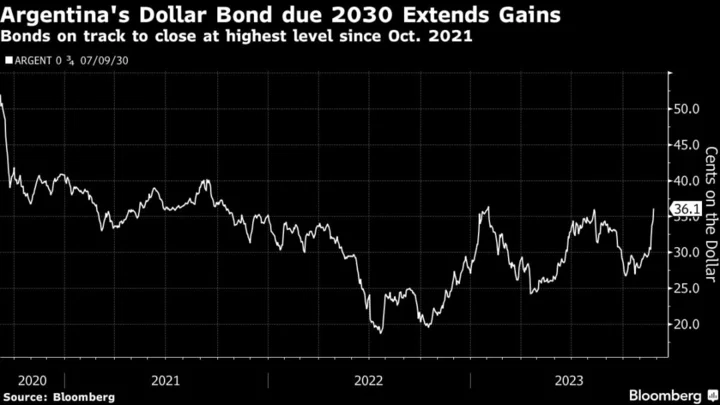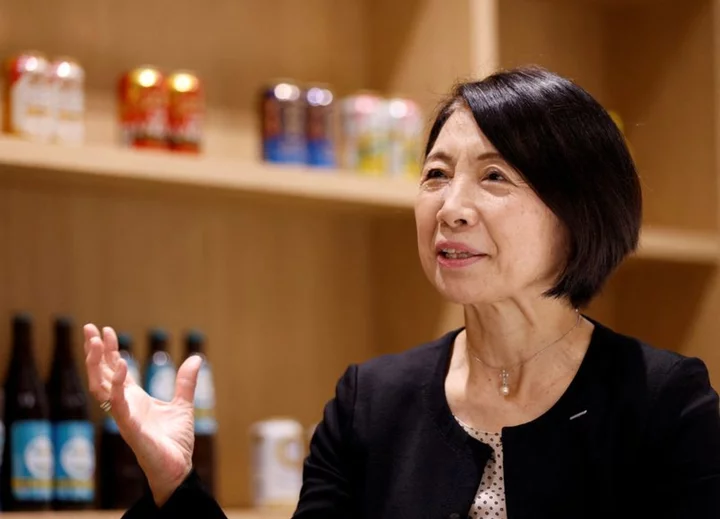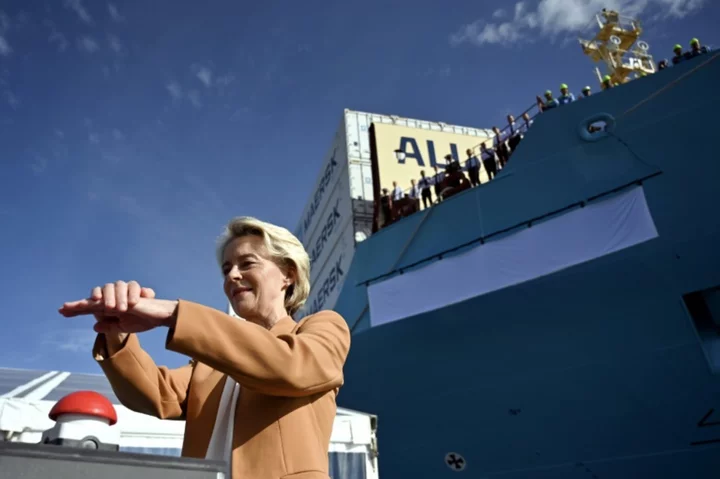In the blink of an eye, Argentine President-elect Javier Milei pivoted away from advisers advocating for his most dramatic campaign promises, choosing Wall Street veterans closer to former leader Mauricio Macri.
Milei’s boldest campaign proposals — dollarization and closing the central bank — appear at least on hold for now amid a staffing shake up. Milei distanced himself from his dollarization guru, Emilio Ocampo, and on Friday another hawkish adviser from early in the campaign, Carlos Rodriguez, announced on X he was departing. Milei had repeatedly said he’d name Ocampo to lead Argentina’s central bank, emphasizing closing the institution was “non-negotiable.”
In their place, Milei’s economic team is being led by Luis Caputo and Demian Reidel, two former Wall Street veterans who held key posts during Macri’s presidency from 2015 to 2019. Local media also reported Milei would appoint his former rival during the election, Patricia Bullrich, as security minister, a post she held in Macri’s government too.
Argentina’s dollar bonds extended their rally Friday on signs of Milei’s more moderate stance. Securities due 2030, some of the most liquid, jumped more than 2 cents to change hands at roughly 36.6 cents on the dollar. Notes maturing in 2046 gained more than five cents this week, trading at still-distressed levels of 33 cents on the dollar.
As Milei gets closer to Macri’s team, it’s a sign that while the president-elect “will bring change, it might not be as radical a change as espoused during his campaign,” said Jeff Grills, the head of emerging markets debt at Aegon Asset Management in Chicago.
“It’s also a holiday-shortened week, so any buying will exacerbate moves a bit as there isn’t much flow to offset the demand for Argentina being seen today,” Grills added.
Speculation of Caputo joining Milei’s government as Finance Minister demonstrates Macri’s support, “filling most of the blanks and significantly reducing the feeling of jump to the void,” according to Javier Casabal, a fixed income strategist at Adcap securities.
To be sure, Milei still maintains that he will close the central bank, a decision he sees as “non-negotiable” according to a statement published by his office on X on Friday morning “in response to rumors being spread.”
The president-elect still has to officially confirm who will be the key members of his economic team.
Milei also softened his stance on China and Brazil after threatening to cut diplomatic ties on the campaign trail. He even thanked Xi Jinping for a congratulatory letter, invited Brazil’s Luiz Inacio Lula da Silva to his inauguration and took a call from Pope Francis, who he’d lambasted in the past. Even though Milei called the Chinese government “an assassin,” his foreign policy adviser, Diana Mondino, said the media over-blew the comments.
From economics to foreign policy, the new tone shows Milei’s pragmatic approach to governing a fragmented congress where he’ll need the business-friendly opposition party to get any reforms done.
--With assistance from Ignacio Olivera Doll.
Author: Patrick Gillespie, Kevin Simauchi and Giovanna Bellotti Azevedo









